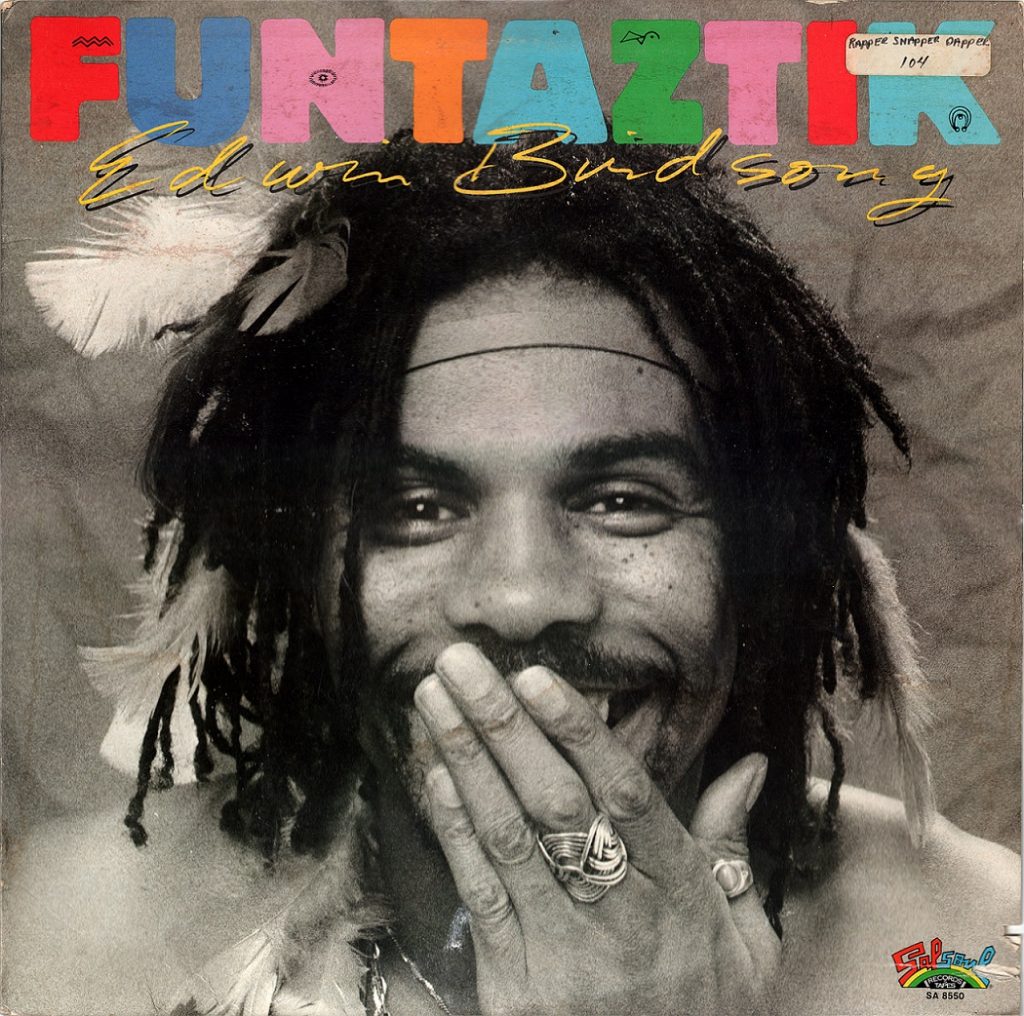Edwin Birdsong – Funtaztik (1981) (Salsoul SA 8550)

Edwin Birdsong – Funtaztik
1981 Salsoul Records SA 8550
A cult hit if only because of the iconic “Rapper Dapper Snapper”, the whole record is solid. Edwin Birdsong is an interesting guy who is associated with another really interesting guy, the recently-deceased Roy Ayers. I have a few more of Edwin’s albums to share. I’ll get right on that, which means you can expect them sometime before 2030.Edwin Birdsong – Funtaztik (1981) (Salsoul SA 8550)




